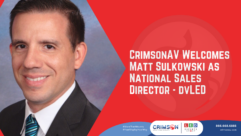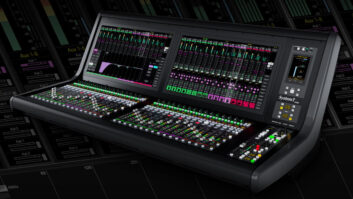Of the press
Apr 20, 1997 12:00 PM,
Ted Uzzle
Would you be terribly surprised if I told you I am often disappointed and sometimes shocked by what I read in the press?
There are fewer clearer examples than Richard Jewell. At 1:25 a.m. on July 27, 1996, a bomb exploded in Atlanta’s Centennial Olympic Park, killing Alice Hawthorne and injuring scores of others. In addition, a television news technician died of a heart attack rushing to the scene. Three days later the press quoted anonymous police and FBI sources that the prime suspect was Richard Jewell, a security guard. His life turned into a circus while officious police pawed through everything he owned and battalions of the press camped on his doorstep, training cameras on his windows 24 hours a day, following him everywhere he went. He was unable to get employment, and may never again be able to work in security. Three months later the FBI announced Jewell was no longer a suspect.
Now here’s the interesting part. There was never any evidence he was involved in the crime. Never. Any. Evidence. None at all.
A recent editorial in The New Yorker said this was the press simply doing its job: reporting the news. What a wonderful piece of semantical bait-and-switch! Does “news” include anonymous accusations unsupported by a single iota of evidence? They say yes. I say no.
More recently, those defending Timothy McVeigh have leaked information astonishingly damaging to their client. The press reports McVeigh confessed his guilt to attorneys, and confirmed his confession with a polygraph test. Again, things are reported from anonymous sources. There is evidence against Timothy McVeigh, although it will take a jury months to come to sort it out and give a verdict. The leaked information, however, is not evidence, not admissible in court, even if true.
Many people are slowly tuning out the daily twistings and turnings of anonymous gossip and innuendo. I know I am. Civil juries are expressing anger: a $5.5 million judgement against ABC News last year, a $58 million judgement against a Dallas television station in 1991, and now a $222.7 million judgement against The Wall Street Journal.
The heart of the problem lies here, I believe: the press is focused on its competition instead of its customers. That’s a common failing, found in many industries, including electronic systems contracting.
Consider the example of USA Today. This daily newspaper hit newsstands across the country, and two amazing, contradictory things happened simultaneously. Local daily newspapers everywhere began criticizing it harshly, just as they began imitating it. That’s trying to have it both ways. USA Today may be said to have made a revolution in the way American daily newspapers look and read. Here’s the amazing part: readers didn’t ask for USA Today (the publisher just went ahead and produced it). Most readers didn’t prefer it, the local paper still outsold it everywhere. USA Today lost money for nearly 10 years. Yet suddenly there was a competitor in hundreds of one-newspaper cities and towns in America, and the winners turned themselves into imitators.
It’s the same way with a scandal, or especially gruesome story. If someone else, somewhere, is covering it, then everyone else must, also. The process is not driven by what the readers want to know about, it’s driven by what some competitor is doing. As the tabloids drive the agenda for reputable news outlets, everyone in the press forgets readers will turn their heads to look at a train wreck, but that doesn’t mean readers like train wrecks, nor like themselves for looking.
Thank goodness we don’t do much of that in the trade press. A recent poll conducted by the business-press trade association shows readers find the trade press more accurate and more reliable than the mainstream press. The daily press has a legitimate role as a watchdog, an important job in afflicting the comfortable. The business press has the luxury of comforting the afflicted, and accompanying criticism with proposed solutions.
We in the trade press give our magazines away. That’s true in the installation industry, anyway. One consequence may be that our readers’ editorial expectations are low. Another consequence is that we will certainly refrain from sensationalism or outrageousness to drive circulation wars. That doesn’t mean we’re above criticism; we’re not. That doesn’t mean we can’t do better; we can. That does mean we can try to formulate an idea of what our readers want to read, and try to print as much of that as possible.










